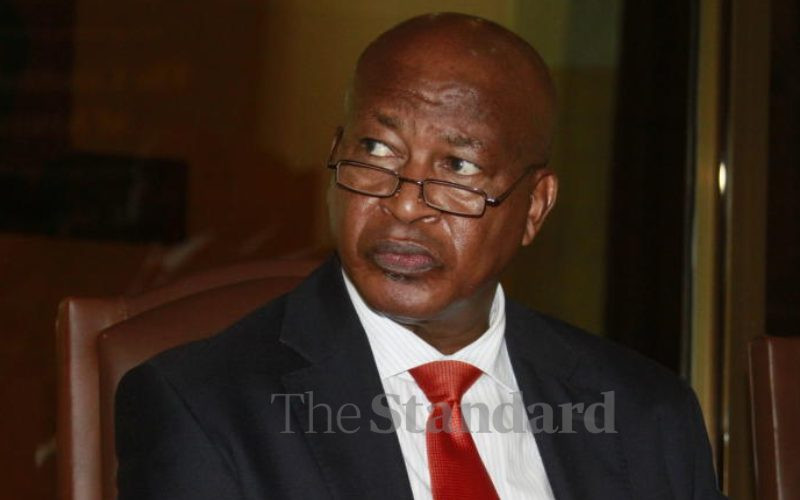×
The Standard e-Paper
Stay Informed, Even Offline

Attorney General Kihara Kariuki has backed efforts to compel the Independent Electoral and Boundaries Commission (IEBC) to use both electronic and manual registers to identify voters during next month's elections.
In his submissions in the High Court, the AG faulted IEBC's position that it will only use the electronic voter identification kits which, according to Mr Kihara, will cause problems in case they fail.